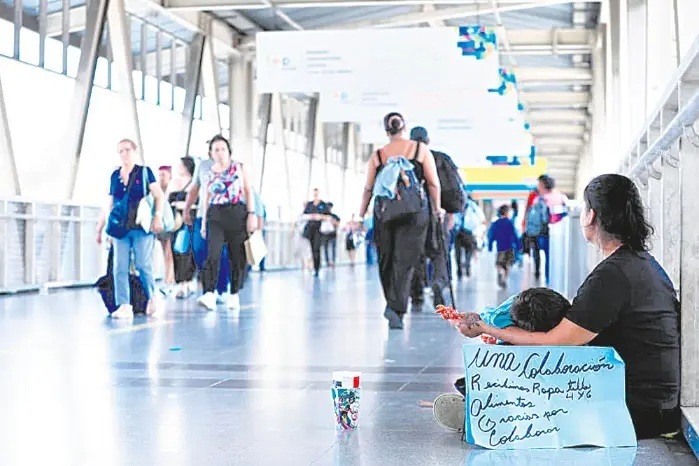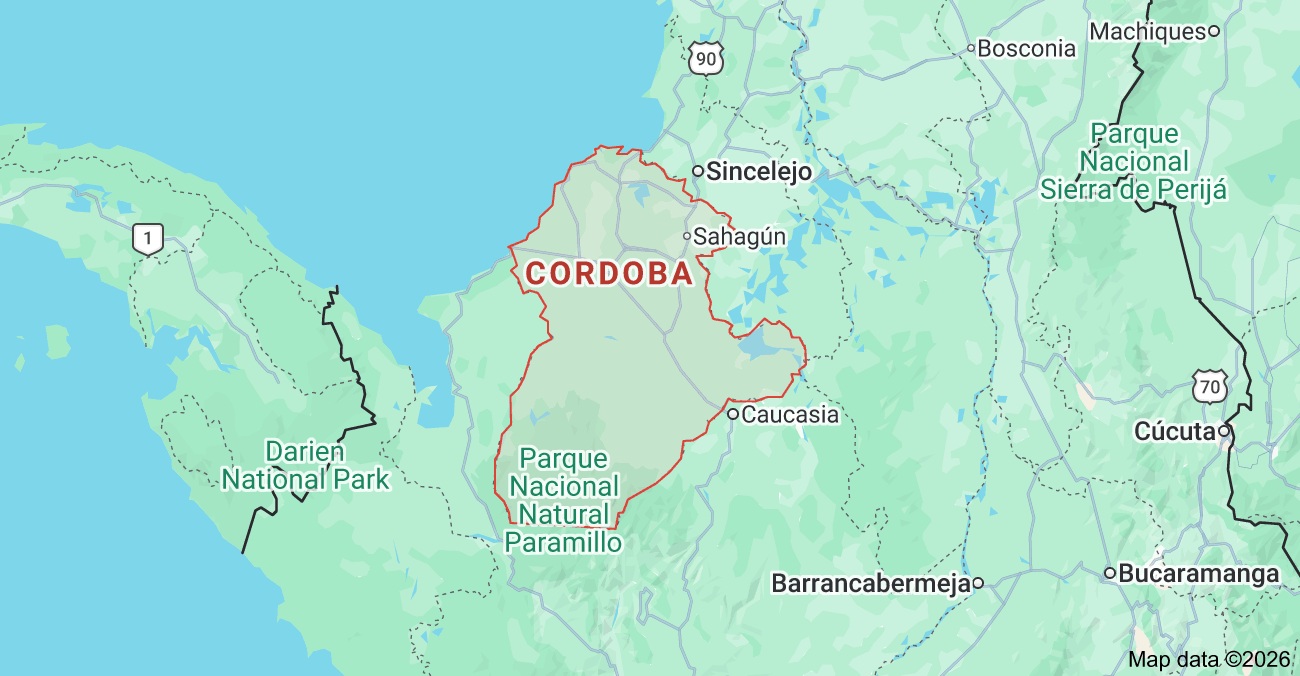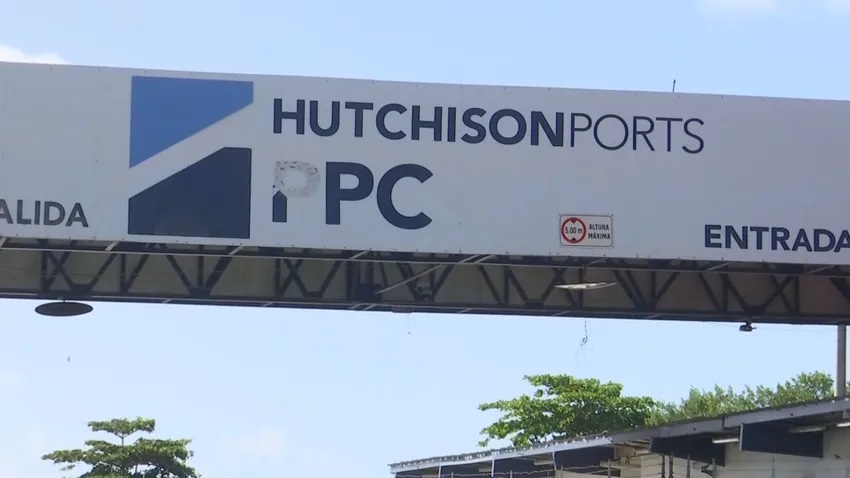Tardy Court President under fire as cases stalled

THE PRESIDENT of Panama’s Supreme Court (CSJ), José Ayú Prado is once again in the sights of activists from organized civil society.
The controversial judge who was promoted by ex-president Ricardo Martinelli from relative obscurity after 30 years in the Public Ministry to Attorney General and then to the bench in two years , where with the backing of other Martinelli appointees, he became president and gained a reputation as the court’s most traveled judge – away from the court on multiple taxpayer-funded overseas forays.
Now he is under fire for his tardiness in acting on a May 9 petition from the influential Independent Movement (Movin), asking for a plenary to to deliver a “complete and detailed report” of all the protections of constitutional guarantees and habeas corpus.
Other civil society groups consider that the request is “timely”, as the Public Prosecutor’s Office is conducting a series of investigations into corruption cases in the Martinelli government, some of which are stalled because of habeas corpus petitions by defense lawyers, including those representing the ex-president.
Carlos Lee, of the Citizens Alliance For Justice, said that the request made by Movin reflects the interest of the people, who need precise information on the high profile processes, and particularly those of the former president and deputy of the Central American Parliament Ricardo Martinelli.
“Official information avoids speculation or interpretations that may be given to the parties through the media, ” said Lee.
Freddy Pittí, of the movement Juntos Decidimos, told La Prensa that it is a request “legitimate” and “opportune” for the corruption scandals that are taking place in the country.
He said he hoped that Ayu Prado wourespond positivelyely to the request and that the report be presented for the tranquility of citizens.
“Citizens are now more aware of what is happening in the country with their authorities. The request is the clamor of Panamanian society, “he said.
Annette Planells, of Movin, said that it seems to her that the subject needs to be treated because the lagging habeas corpus are the responsibility of the nine magistrates who occupy the highest court.
She stated that the request arose because of the importance of “those tools in safeguarding our rights and are not used to delay processes.”
On June 19, Movin sent the same request to Judge Harry Diaz, who in a note dated Thursday, June 21 asked Ayú Prado to discuss the issue in plenary with all the magistrates. “In attention to what is indicated above and in view of the time elapsed since the first application, I request that this topic to be discussed in plenary,” he wrote.
The note that Díaz sent to Ayú Prado was also sent to the other eight judges of the Court.
A justice challenge
In its letter, Movin reminded Ayú Prado that the protections and habeas corpus protections “are fundamental tools in the protection of citizens’ rights and freedoms “within the proceedings.
“The judicial delay in giving prompt and attentive response to these resources is a problem of the State, and above all it becomes a challenge for the administration of justice “, it emphasizes adding that Article 2624 of the Judicial Code is clear in stating that amparos must be dealt with Two days after being admitted and notified immediately to the actor and the official who dictated the order for the action.
“However, apparently and with better information, we find many cases where they spend more than a year of being admitted without a ruling, “said Movin.
On June 1Attorney General, Kenia Porcell, asked the CSJ to expedite the habeas corpus presented by the legal teams of the accused in the 24 investigations involving Brazilian construction company Odebrecht in Panama.
“It is important that these actions be resolved so that the Public Ministry can continue to their investigations, “said Porcell.





